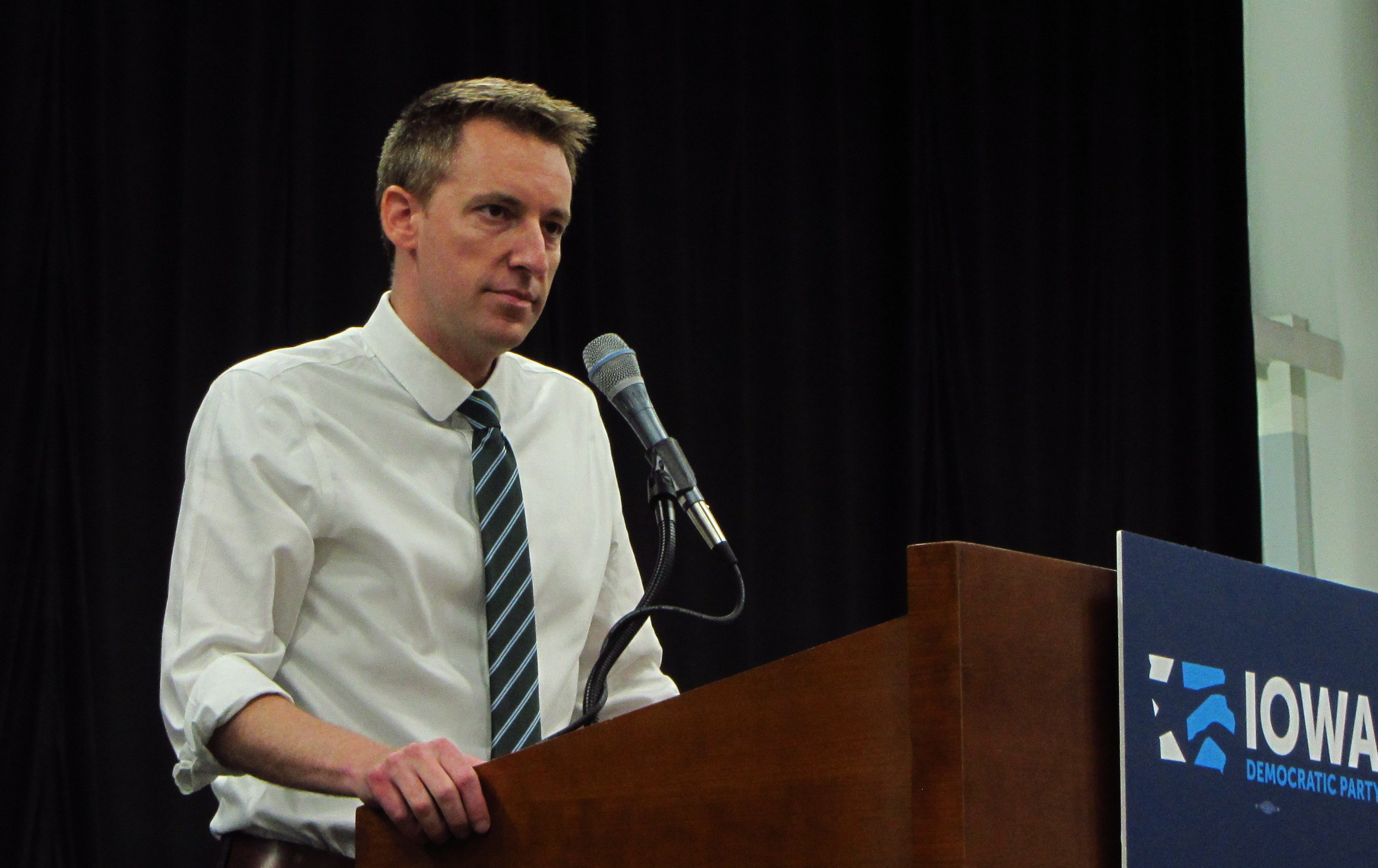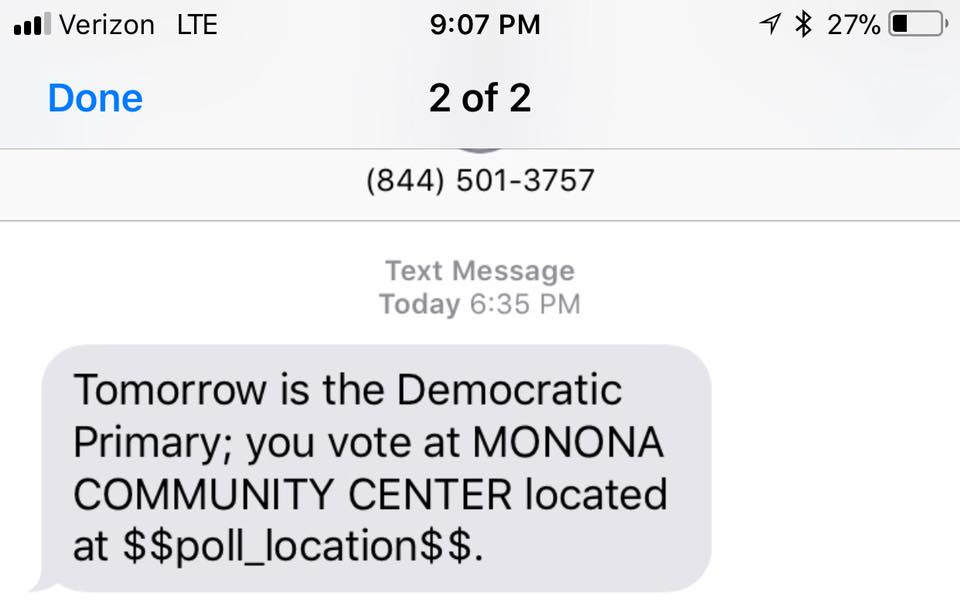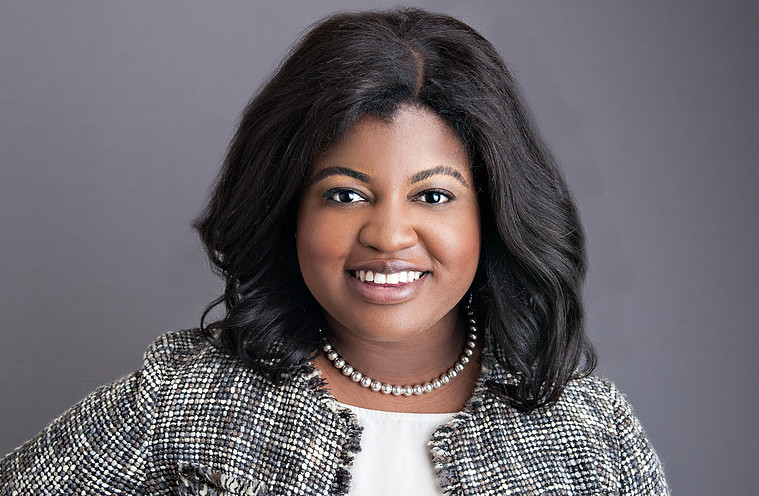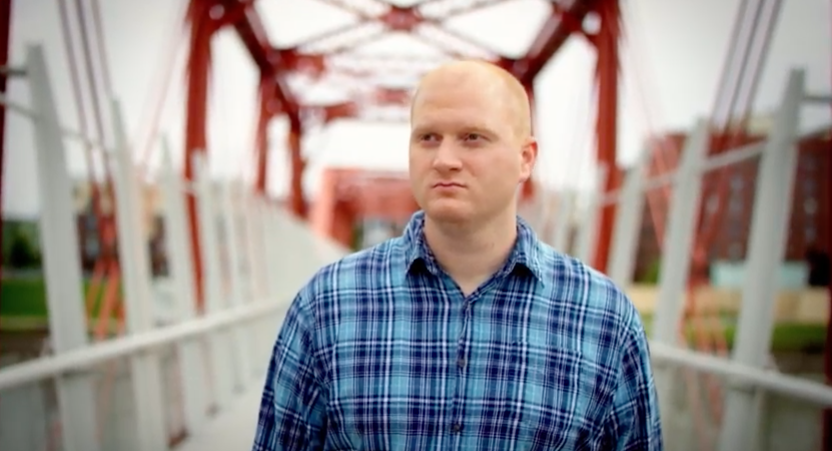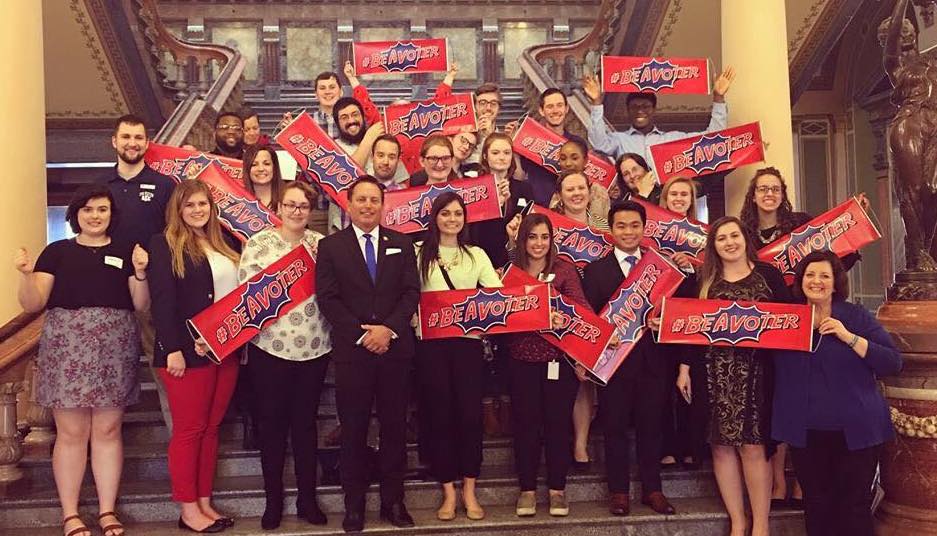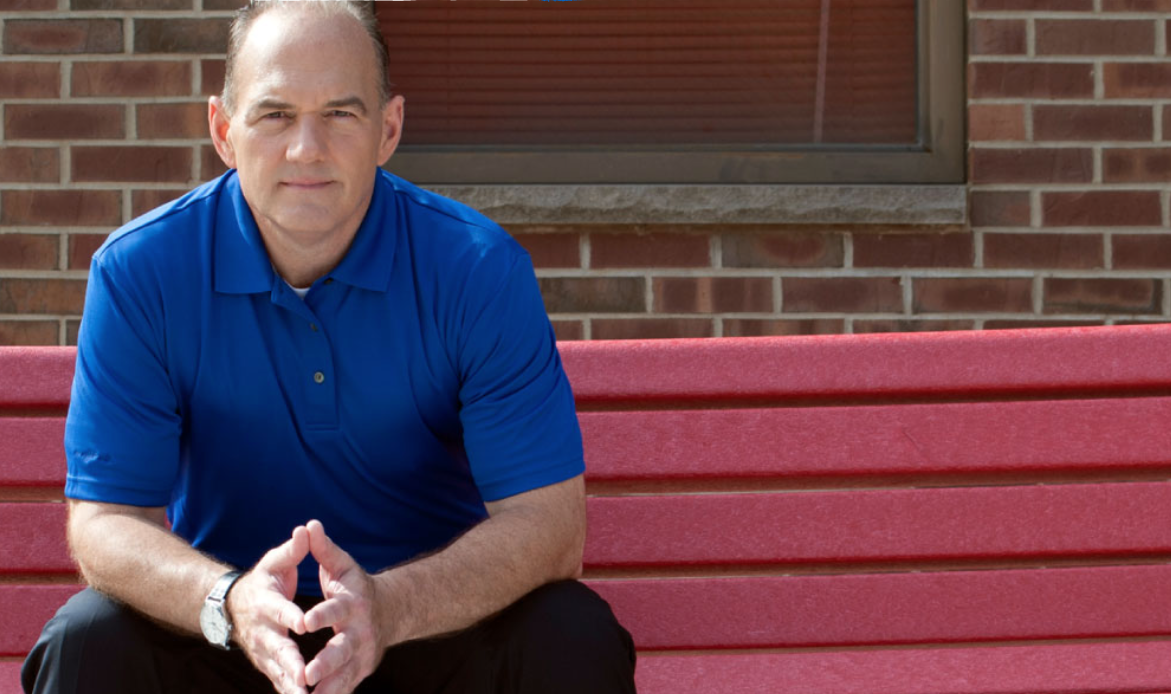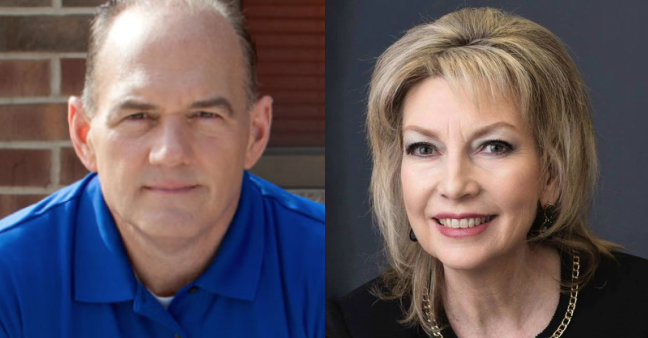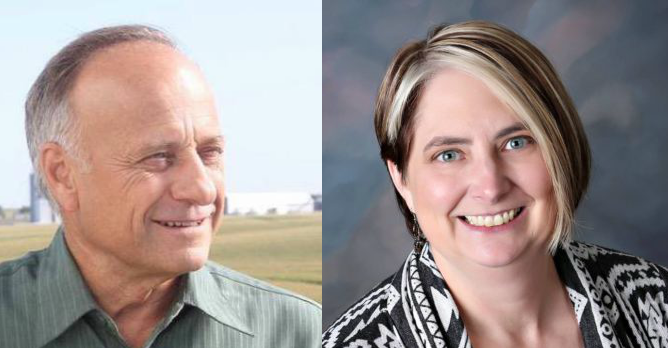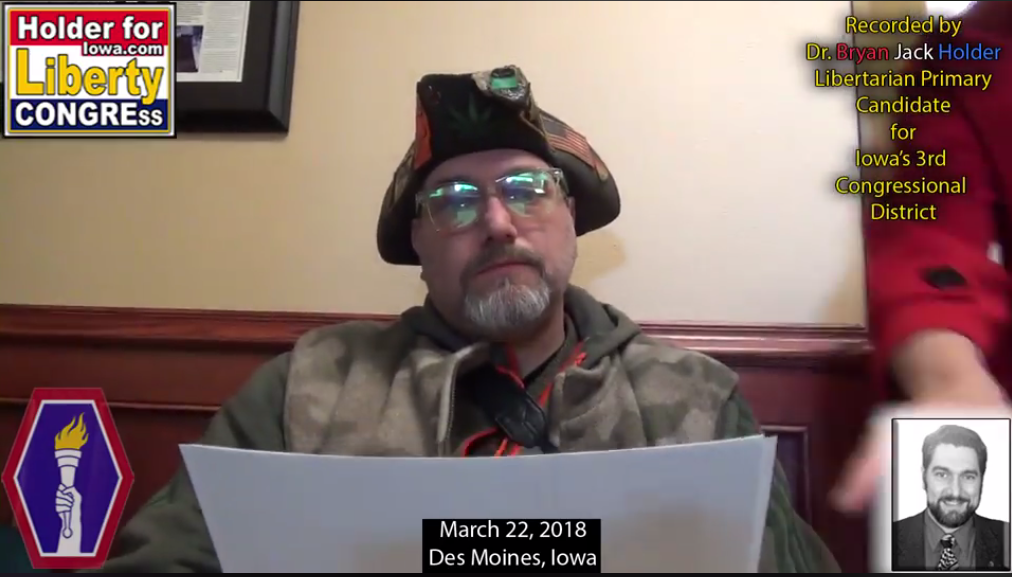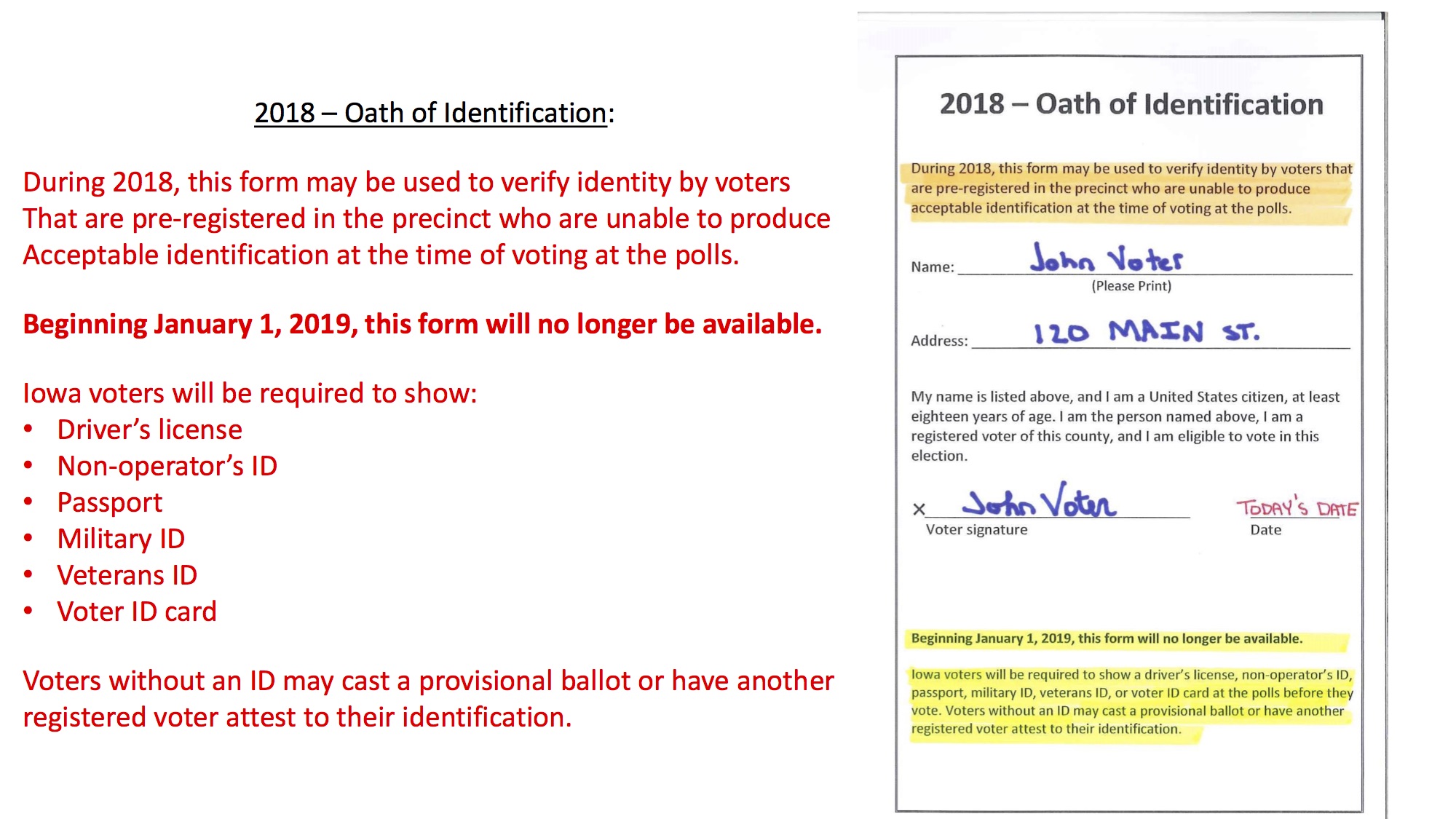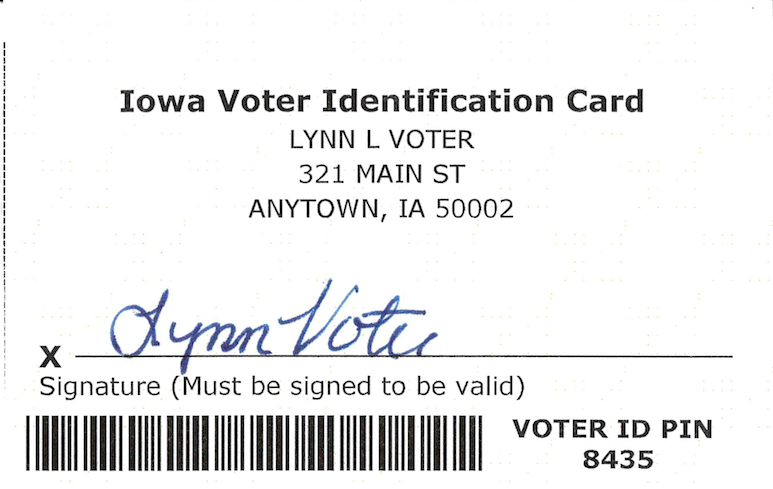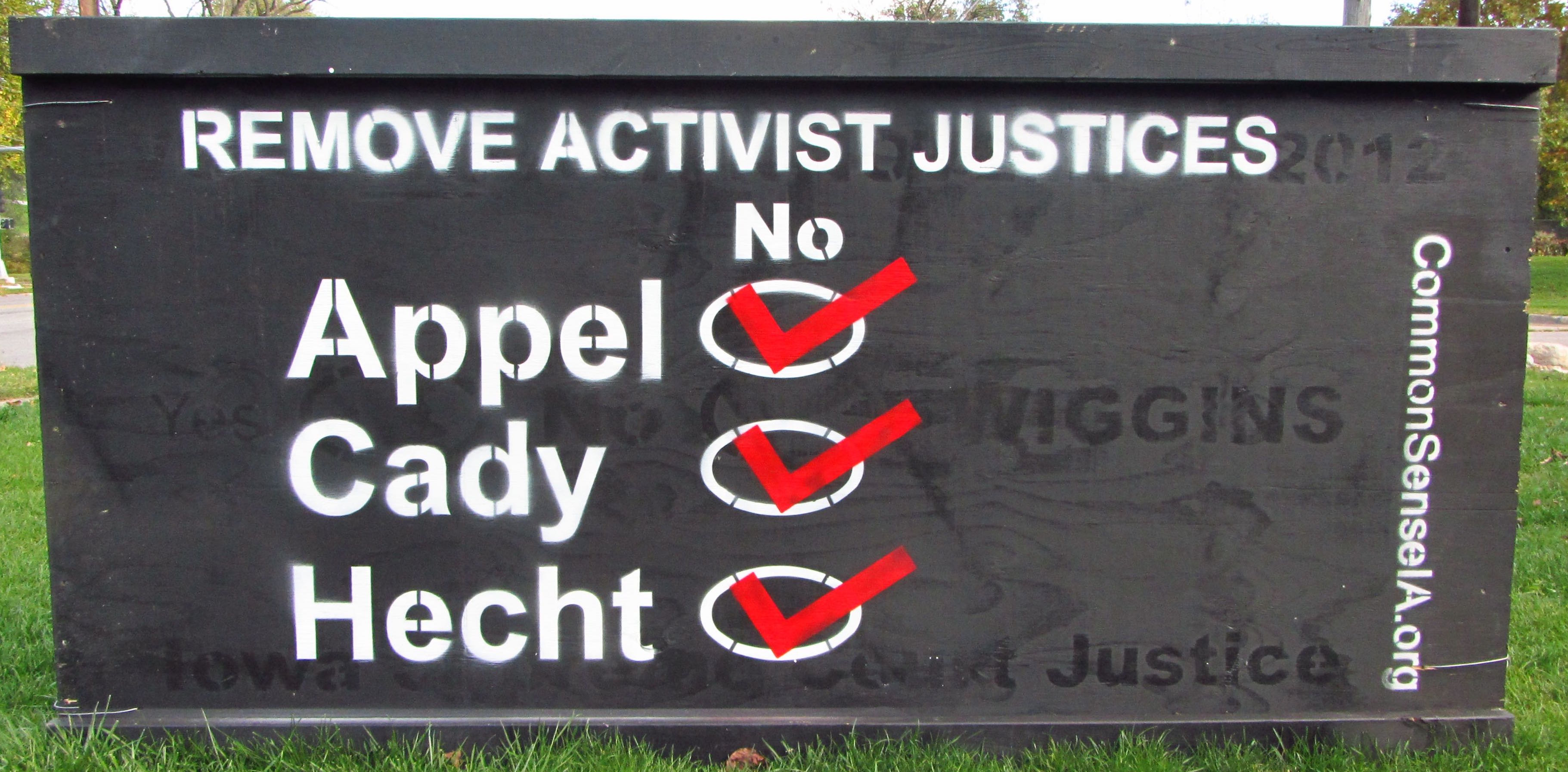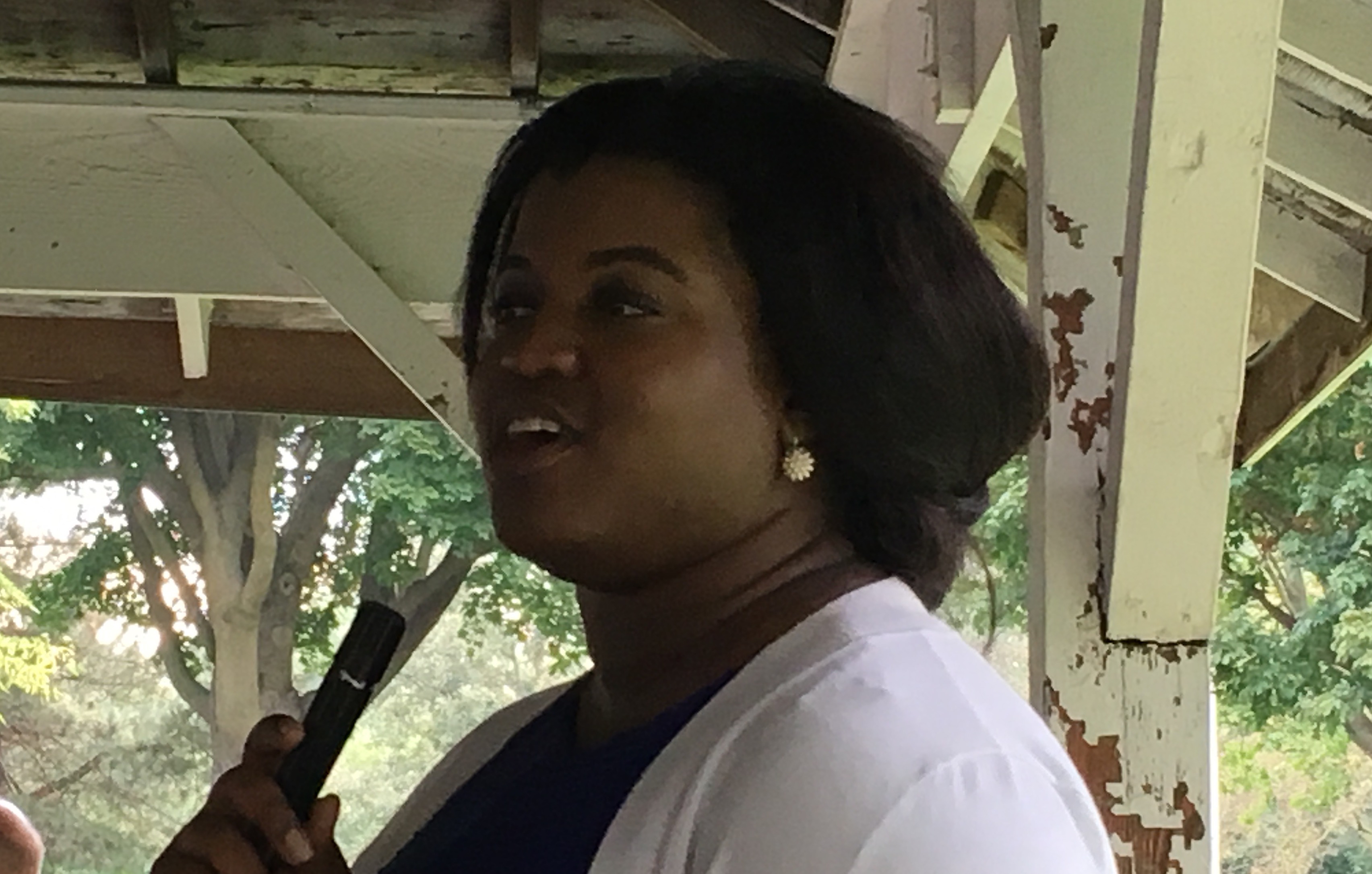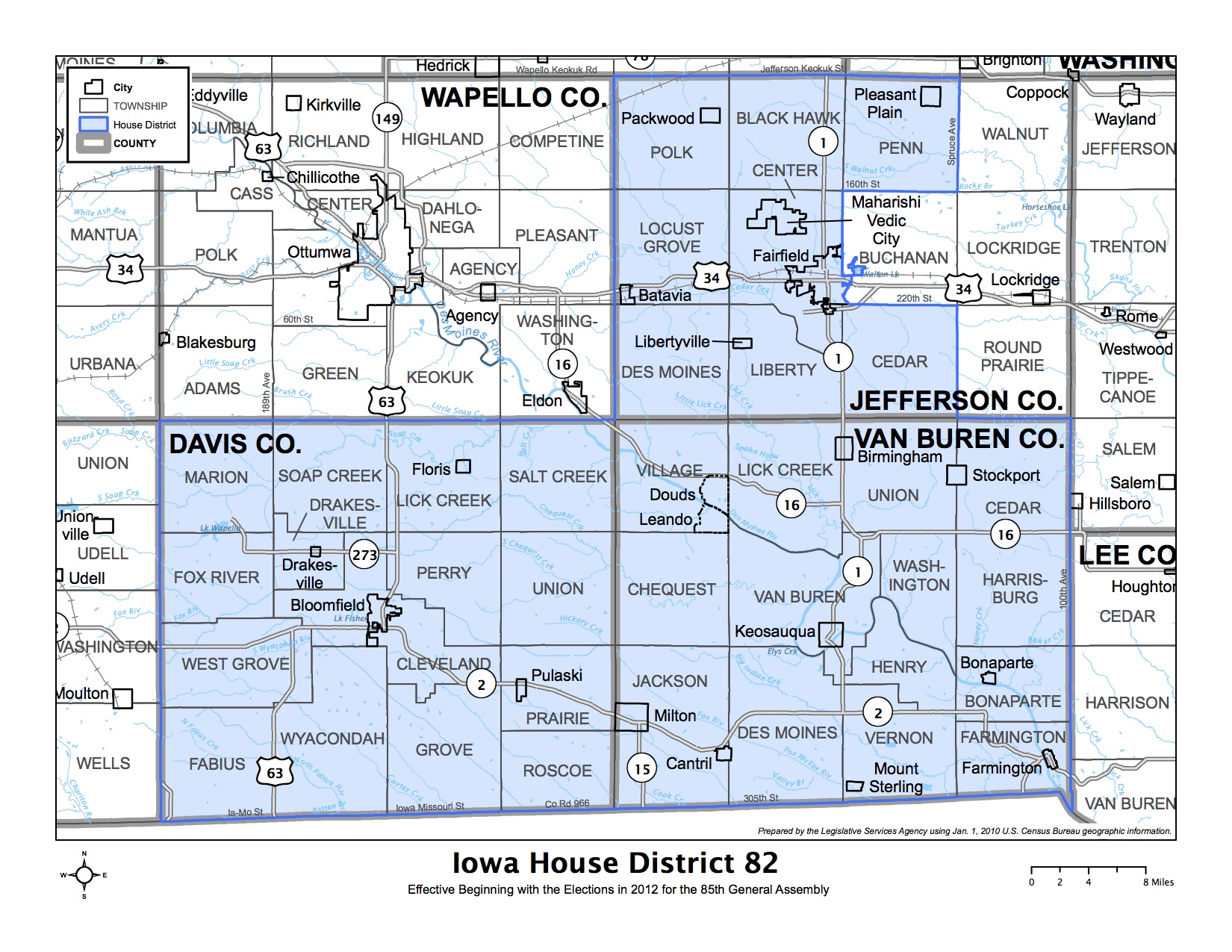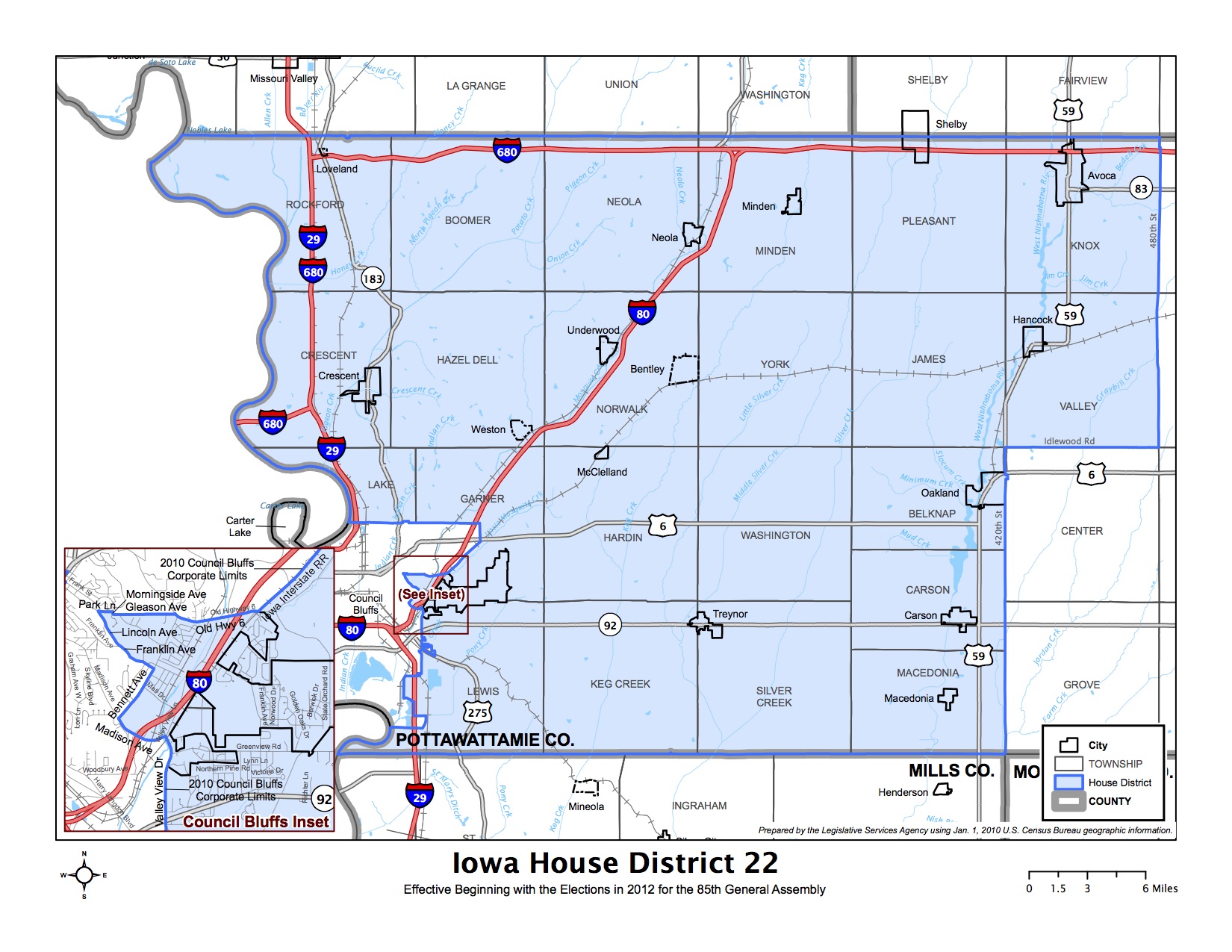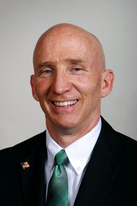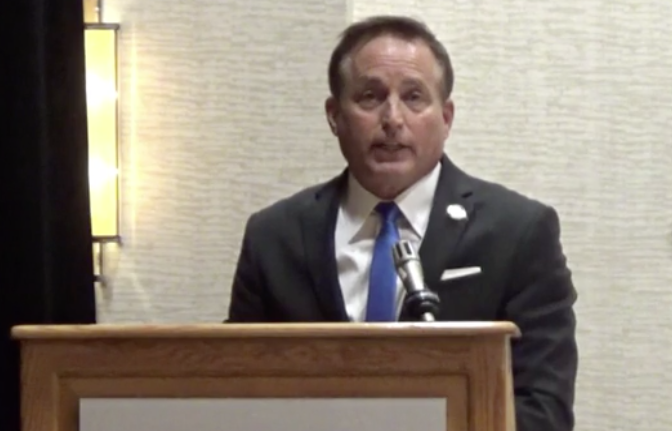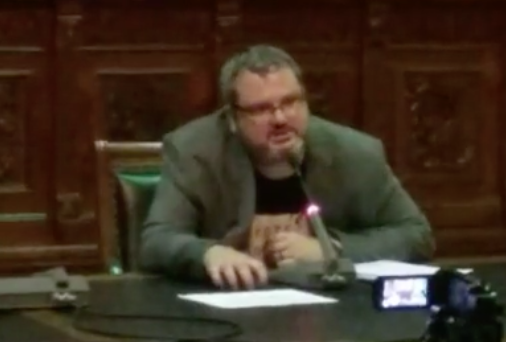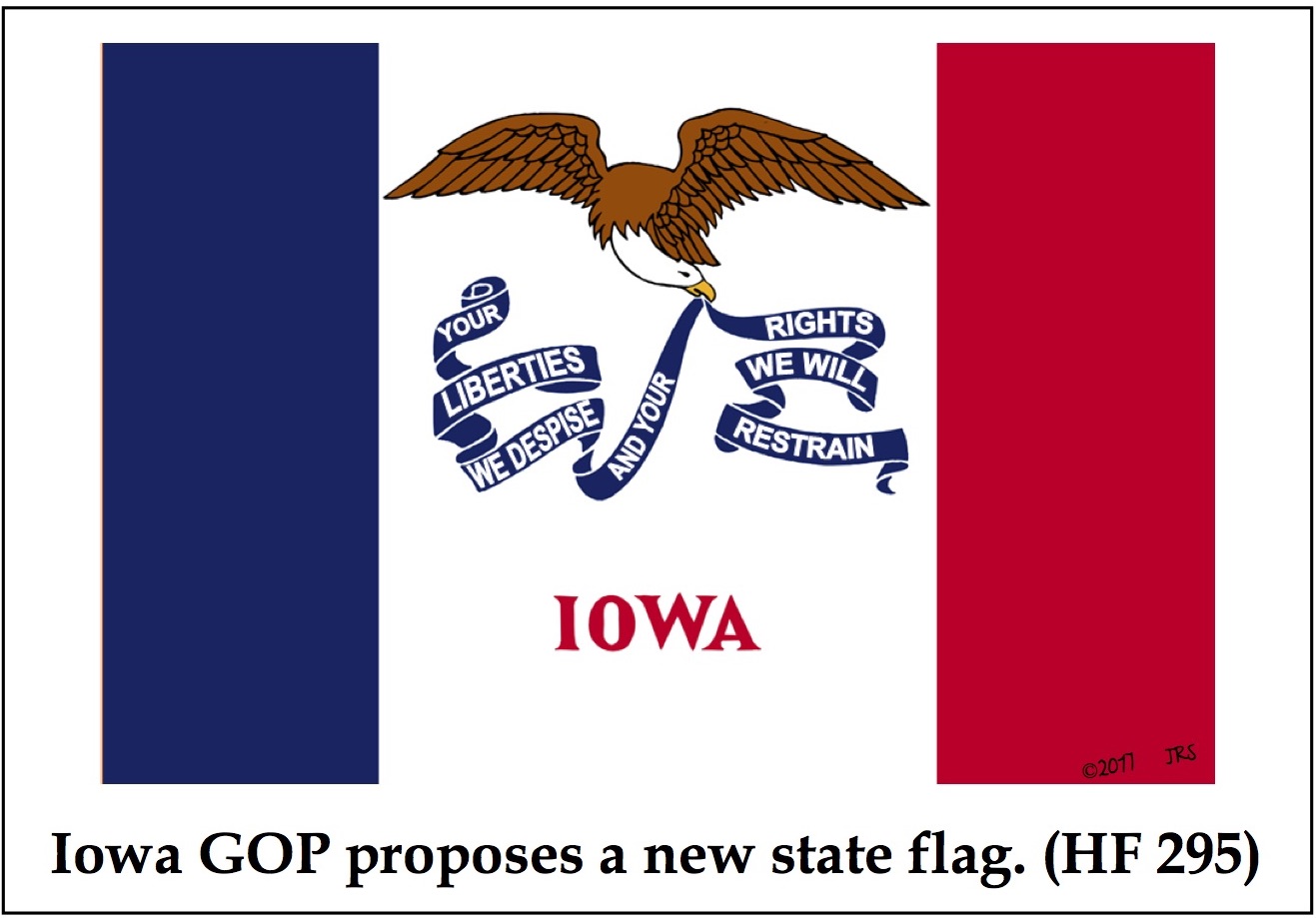Vowing to fight for every vote to be counted and to “say no to making it harder and more expensive to vote,” Jim Mowrer launched his campaign for secretary of state on August 3. He is well-known to many Democrats as Representative Steve King’s 2014 opponent in the fourth Congressional district and Representative David Young’s challenger in the third district last year. Follow me after the jump for more on Mowrer’s case for his candidacy and against Secretary of State Paul Pate, including highlights from an interview with Bleeding Heartland.
Mowrer will have at least one competitor in the Democratic primary. Deidre DeJear launched her campaign on August 6. She’s on the web, Facebook, and Twitter. I recently spoke to DeJear about her background and goals and have a post in progress on her secretary of state campaign. Iowa Starting Line profiled her here.
State Representative Chris Hall of Sioux City has not ruled out the secretary of state race either, he told me in late July.
I’ve reached out to several county auditors who had floated the idea of challenging Pate in 2018. Polk County Auditor Jamie Fitzgerald told me he is no longer considering a run for higher office. Johnson County Auditor Travis Weipert announced on Facebook on August 3 that Mowrer “has my full backing.” UPDATE: Two more county auditors endorsed Mowrer on August 7. Scroll to the end of this post for details.
Nathan Blake, who had been thinking about this race, confirmed two weeks ago that he has decided against it.
Because I believe the most dangerous thing about the Trump Republican Party is its disdain for democracy and its corresponding voter suppression efforts, I had been planning to run for Secretary of State in 2018. However, in May Iowa Attorney General Tom Miller asked me to take on a new role as a Deputy Attorney General. I believe I can do the most good over the next few years working for AG Miller to stand up for the rule of law, keep Iowans safe, and protect consumers. While I won’t be running for anything this cycle, I’ll continue to fight for voting rights and other progressive policies and I’ll evaluate opportunities to serve in elected office in the future.
Bill Brauch likewise considered running for secretary of state but will not be a candidate for any office next year. Instead, he told me, he will continue volunteering as the Iowa Democratic Party’s Third District Chair.
Continue Reading...


